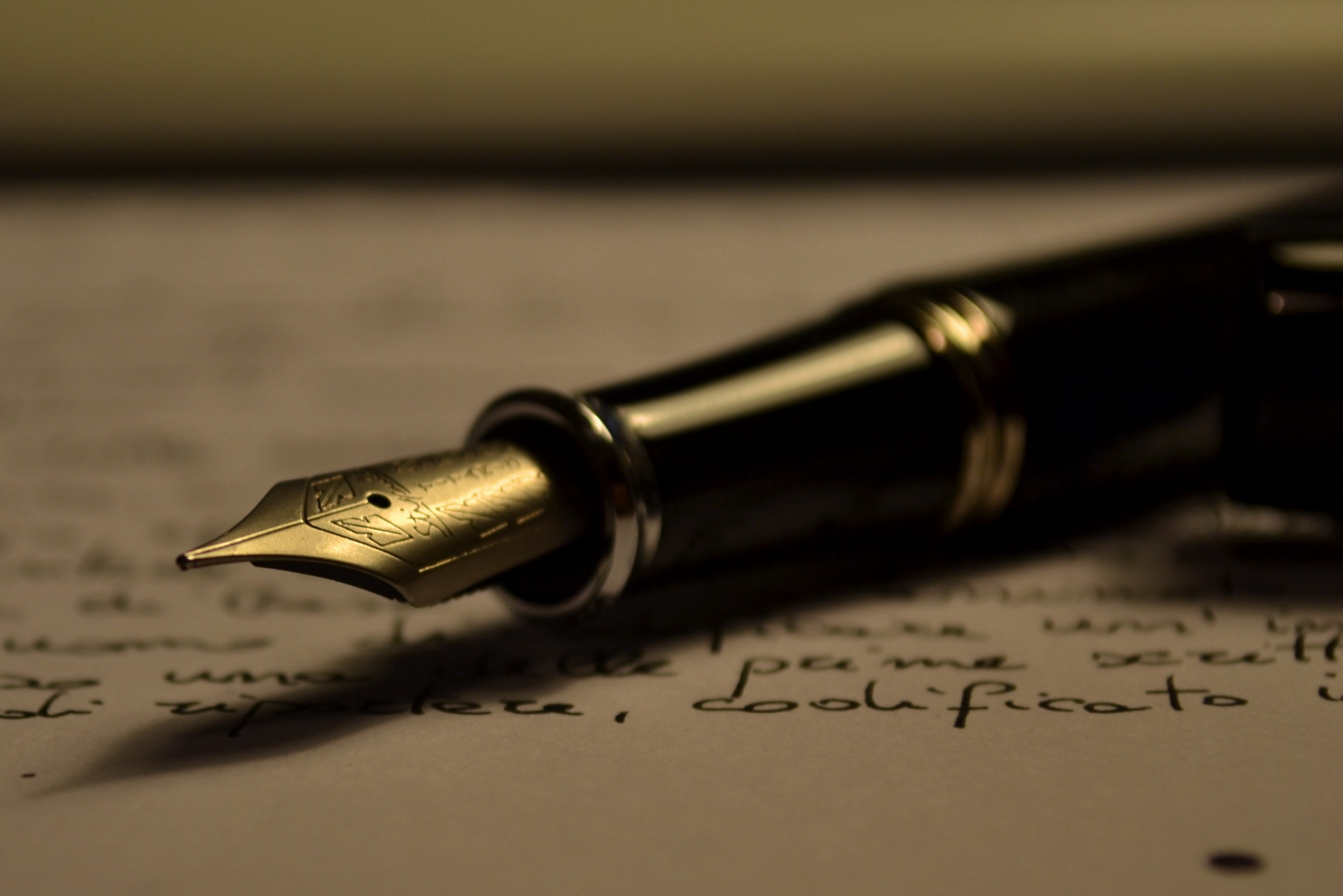 |
| Milosevic, Peter. "Writing A Letter" 2012 Public Domain |
- Did you demonstrate an ability to think about your writing and yourself as a writer
This is an odd question for me, especially when this course usually asks the "ability" of other writers or my peers. I think that my draft was an experiment were I made a generalized summery of my experiences in the 109H course and gave a few points of "growth". From there I used my peers comments and information from prior posts to revise my draft. When I was creating the final draft, I had to avoid my habitual writing qualities, such as pointing out information I had taken out of the class but not clarifying the effects this information had on my writing process. I was sure to elaborate on all the point I brought up.
- Did you provide analysis of your experiences, writing assignments, or concepts you have learned?
For most of the letter, I analyzed how I was introduced to new writing processes and how I implemented the new information into my writing style. I spent a good portion of the draft discussing how I adjusted my approach to introductions and conclusions. This was probably due to the clashing of information that learned in high school and in the 109H course. I felt that I learned more detailed and meaningful information in the 109H course rather than the A.P classwork, so I really had to elaborate on the "why" factor.
- Did you provide concrete examples from your own writing (either quotes from your writing or rich descriptions of your writing process)?
I mostly quoted from my previous blog posts and used a few sentences from the Student's Guide. I usually compared my previous understanding on certain topics- genre, blogs, social media- with the content we learned in class. It was mostly an indication of how misinformed I was prior to entering the class, which I would then indicate growth by quoting/referring to my blog posts or projects.
- Did you explain why you made certain choices and whether those choices were effective?
I mostly indicated where I have grown as a writer. That in term would lead into the "choices" made in my writing process; such as, avoiding certain vocabulary terms, adding a more meaningful conclusion to my projects- rather than restating the thesis- and avoiding blanket writing which ignores the audience. Once I abandoned my old writing techniques, I believe created more effective rhetorical pieces that understands the target audiences and uses a series of rhetorical strategies to persuade/dissuade that audience.
- Did you use specific terms and concepts relating to writing and the writing process?
I mostly focused on genres and rhetorical techniques. I found that the projects involving the analysis of these two subjects advanced me as a writer. Though they may seem broad, I made sure to refer to the rhetorical analysis project and the QRG to explain how theses topics effected my work. The QRG introduced me to a new writing style, while the rhetorical analysis project made me research my audience before critiquing my author of choice.





